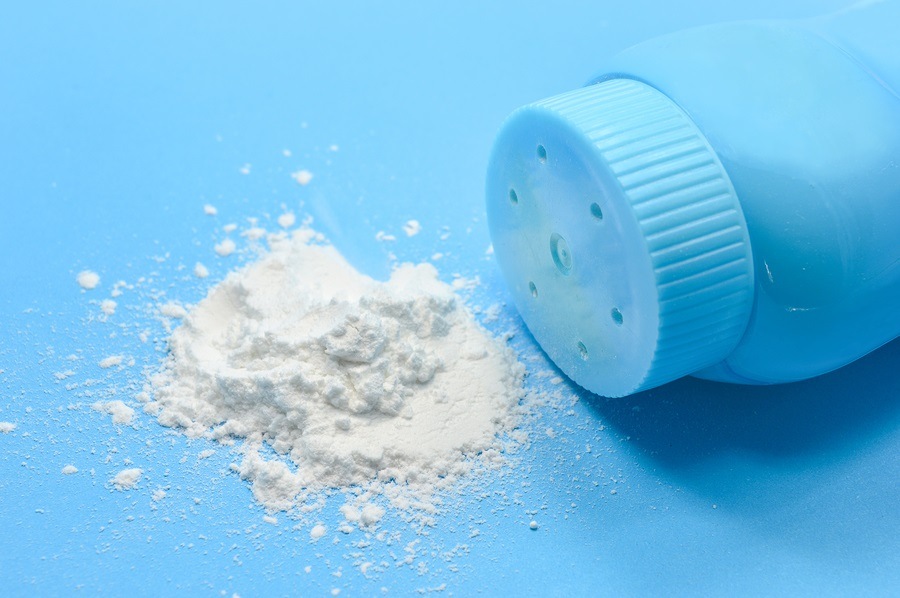$70 Million Awarded to Woman with Ovarian Cancer Due to Baby Powder Usage
A St. Louis jury on Thursday awarded a California woman more than $70 million in her lawsuit alleging that years of using Johnson & Johnson’s baby powder caused her cancer, the latest case raising concerns about the health ramifications of extended talcum powder use. The jury ruling ended the trial that began Sept. 26 in the case brought by Deborah Giannecchini of Modesto. She was diagnosed with ovarian cancer in 2012. The suit accused Johnson & Johnson of “negligent conduct” in making and marketing its baby powder.





